Jennifer Chutter, PhD
Writer | Researcher | Instructor
About Me
curious about the world and My place in it
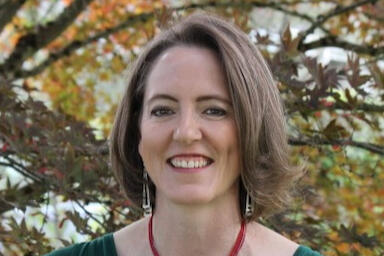
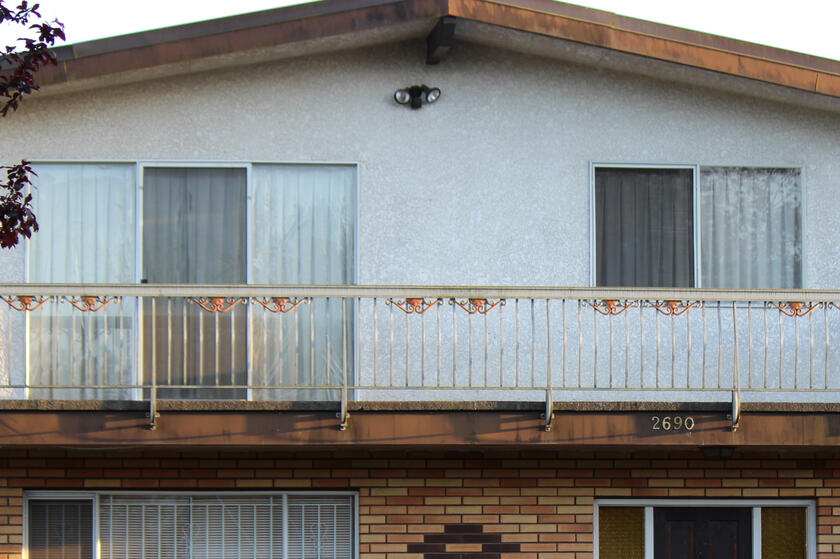
Research
Explores ideas of home, housing, and place-making
Publications
Find out more about what i write About
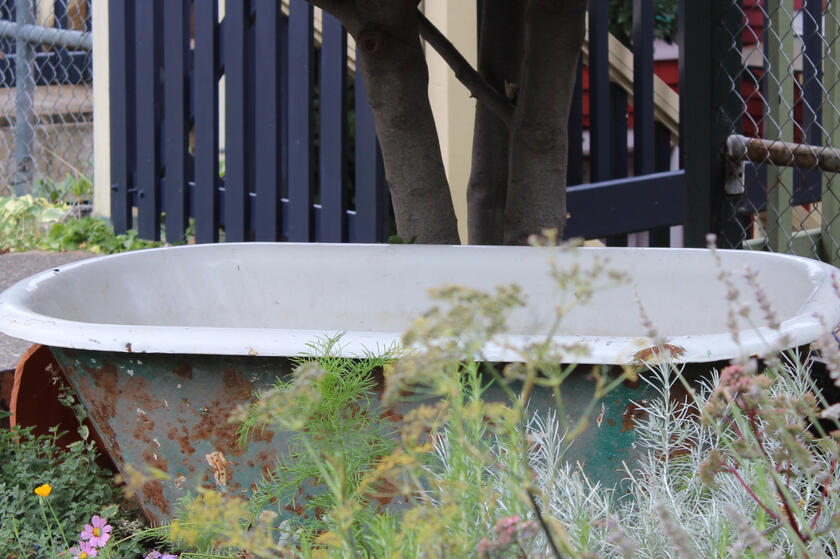
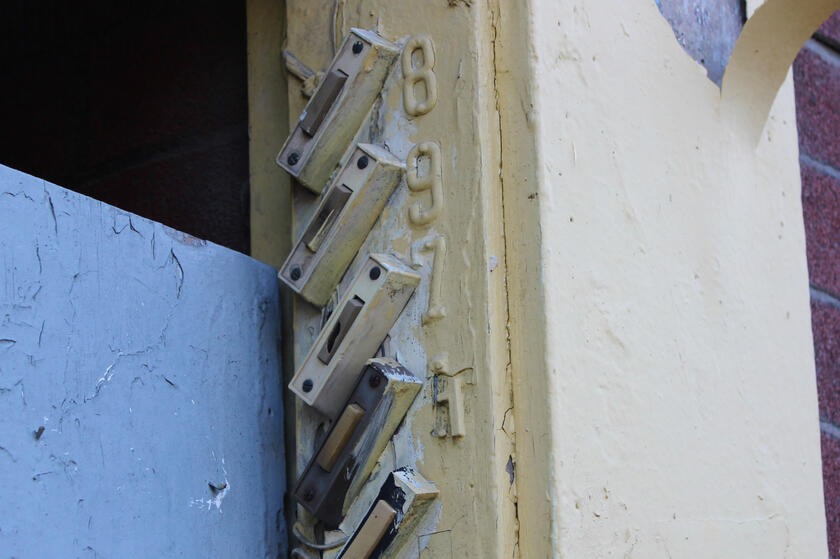
Teaching
Feels privileged to watch students grow
About Me
Curious about the world and my place in it
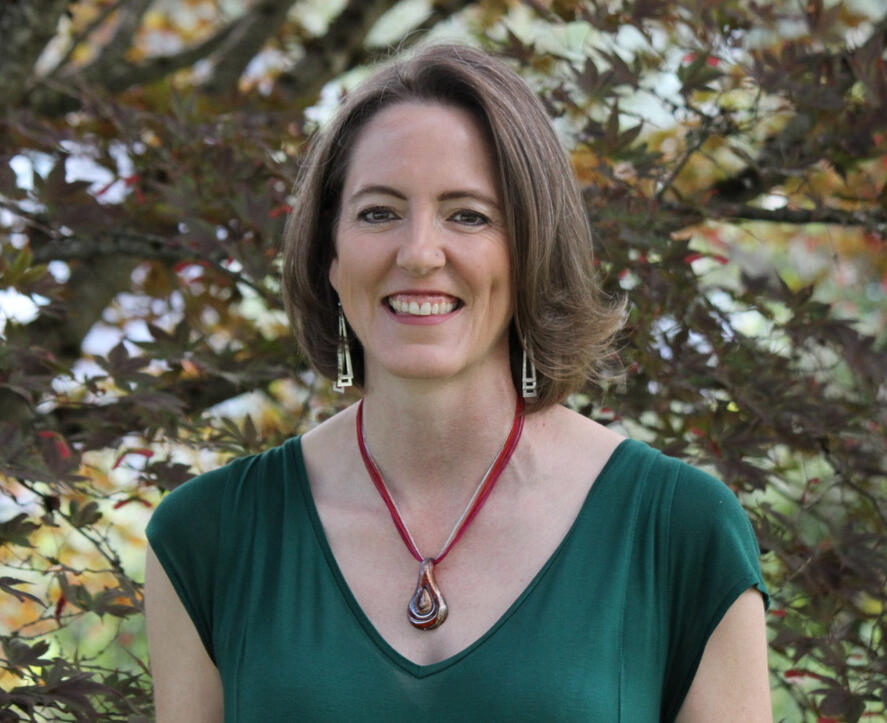
I acknowledge that I live, learn, work, and play as an uninvited guest on the traditional and unceded territories of the Musqueam, Tsleil-Waututh, Squamish and Kwikwetlem. I have directly benefited from the displacement of the Coast Salish peoples from their lands. As a white, heteronormative, cis-gender settler scholar, I acknowledge my privilege and power, and inherent sense of belonging in educational and colonial institutions. I am on a journey of unlearning attitudes and habits of mind that have shaped and helped maintain systems of oppression affecting the educational and institutional experiences of Blacks, Indigenous, Métis, Inuit, Peoples of color, working-class, women, those with visible and invisible disabilities, and members of the LGBTQIA2+ community. I invest the time to create environments where all members feel seen and safe to explore, question, and create.I see my teaching practice, my administrative roles, and my research projects as intertwined in shaping who I am in the world. As I learn more in one area, I seek to apply it in the practice of the other areas. My understanding of equity, diversity, and inclusion has been shaped by my early teaching experiences in socioeconomically, linguistically, ethnically, culturally, and neurologically diverse high school classrooms. The skills I gained in designing curriculum, evaluating student learning, and managing diverse learning needs has strengthened my leadership and project management skills in the way that I communicate and ensure that the principles of EDI are woven throughout all projects. My research projects have directly stemmed from the curiosity my students shared with me as we learned together. Many of my students felt they were not accurately represented in the texts that we were studying. My research seeks to answer their question of “why does the story of Canadian history seek to marginalize or ignore them?”I shine when I am transforming messy, overwhelming situations into structured, compassionate solutions--whether it is untangling systemic problems, guiding students through their learning, or helping teams function better.Education
Ph.D. Interdisciplinary Studies Simon Fraser University
M.A. History Simon Fraser University
M.A. Liberal Studies Simon Fraser University
Diploma in Special Education University of British Columbia
B.Ed. (Secondary) University of British Columbia
B.A. University of British Columbia
Teaching
Feels privileged to watch students grow
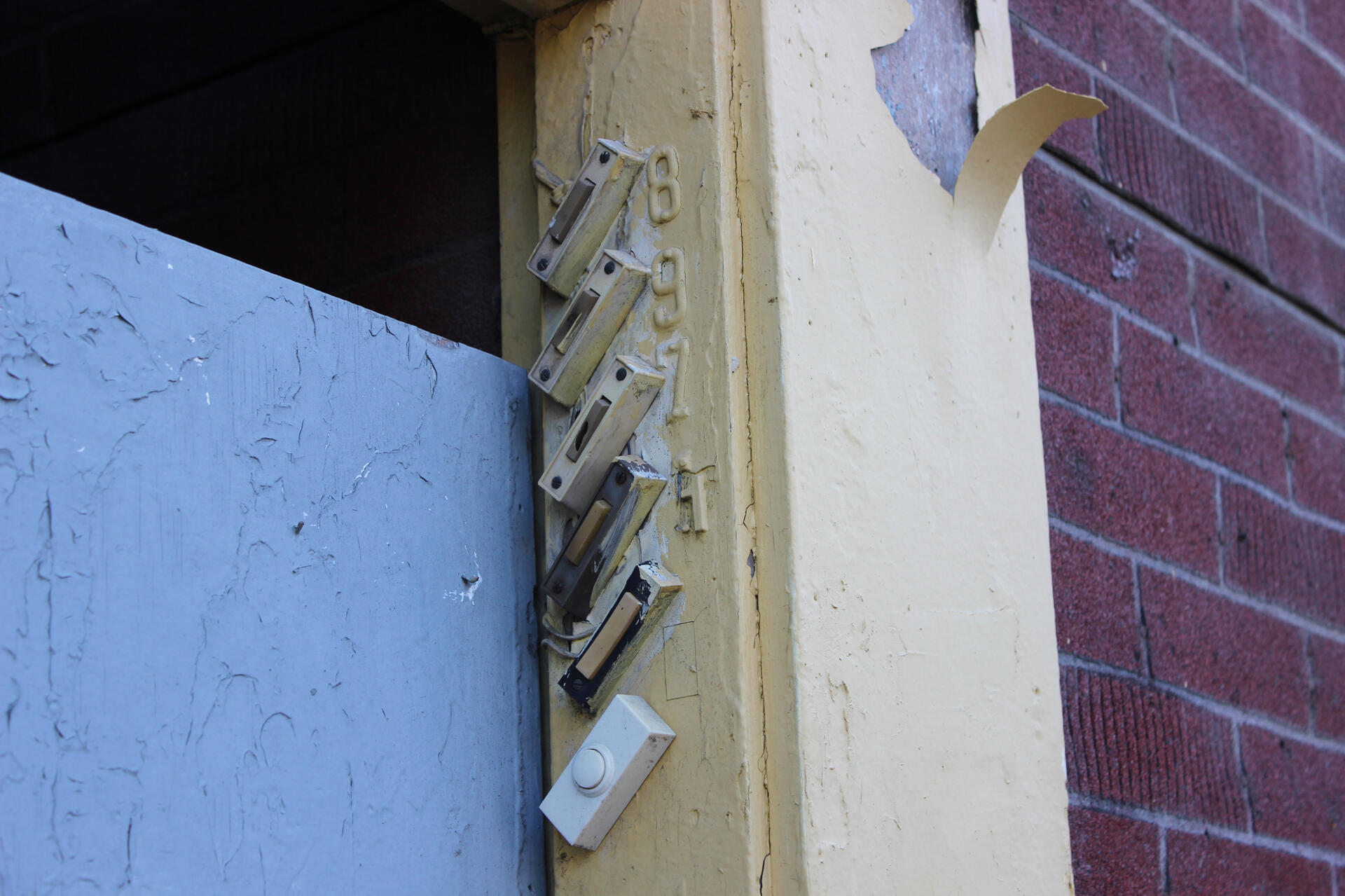
I have over twenty-five years of teaching experience, and it still fills me with wonder and excitement to work with students. In my class, we are co-creators of the learning environment by collectively writing our code of conduct for the semester. Laying this foundation has led to rich classroom experiences where students become active agents in their own learning and hold each other accountable. To ensure an equitable learning environment, I teach, model, and reinforce the academic skills of reading, writing, thinking, and speaking necessary to be successful in academic settings.While I do think it is important that students understand how different groups of people have been and continue to be marginalized, I have worked hard to find examples showcasing marginalized groups’ resilience, strength, and leadership to avoid perpetuating narratives of sensationalized trauma or depictions of passive victims lacking agency to change.I also encourage students to approach the diversity of texts and each other with what I called the 3P Perspective—Place, Positionality, and Purpose. I have found that students are able to engage more thoughtfully with the material and with each other when they recognize that ideas grow out of a particular location and time, are shaped by politics, economics, cultural ideas, educational experiences, and social dynamics of the author, and have a purpose. Students have found this is a useful framework for inserting themselves into academic discussions, and for also explaining why it is difficult for them to do so. I share with students how my own positionality makes it difficult for me to recognize and call out certain racial microaggressions, but that I want to learn from them and seek to change my behavior.Teaching at its very best is a radical act of transformation for both me and my students.
Recent Teaching Experience
Douglas College
Pre-Confederation Canadian History (Winter 2025)
Post-Confederation Canadian History (Winter 2025)
Global Indigenous Histories (Winter 2025)
Simon Fraser University
Undergraduate Academic Skills
Foundations for Academic Learning and Success course design and instruction (Fall 2023)
Writing Right course design & instruction (Summer, 2020, 2021, 2022, 2024)
Undergraduate History
BC History Course design & instruction (Fall 2020)
Research
Explores ideas of home, housing, and place-making
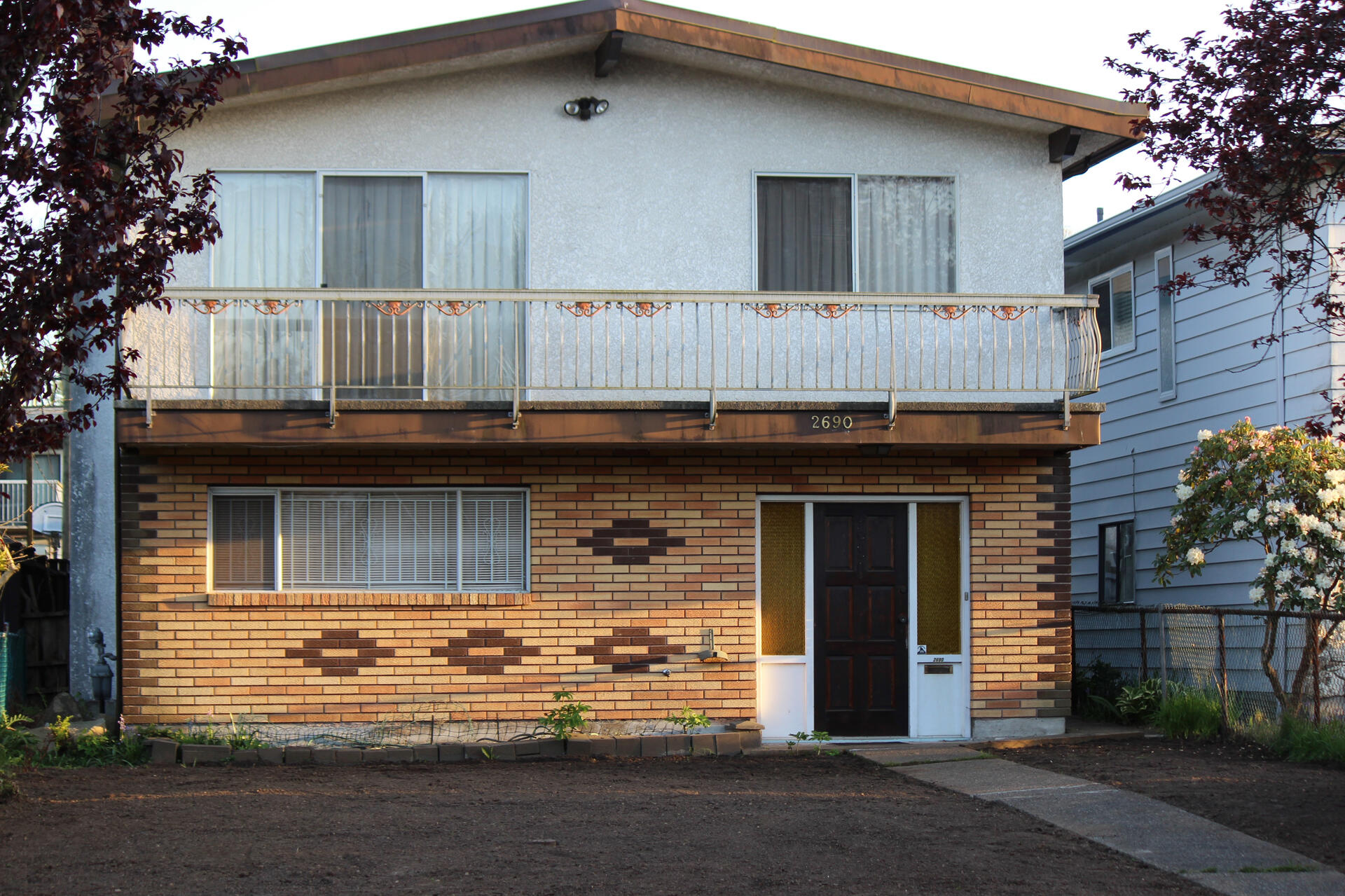
One of my earliest childhood memories is of my “Charming House,” a house I created in my basement out of a discarded refrigerator box. I drew furniture and pictures on the walls and invited my parents and grandparents inside to have tea parties with me. This early childhood moment laid the foundation for the kinds of questions I have asked throughout my meandering research career; the common thread has been ideas of home, housing and place-making. I am interested in disrupting the conversations we have about housing, home ownership, home, domesticity, neighbourhoods, and urban environments to expose the legacies of settler-colonialism, racial capitalism, and exclusion. This has required an unsettling of my own understanding of my class and race privilege as internalized cultural norms.My SSHRC funded Ph.D. studied the Strathcona Property Owners and Tenants Association (SPOTA) in Vancouver, BC from 1968-1984. This group of residents successfully stopped urban renewal in their neighbourhood by advocating that their sense of home had value. They successfully halted the demolition of their neighbourhood and worked with all three levels of government to rehabilitate existing housing and urban infrastructure. SPOTA formed the Strathcona Area Housing Association, a not-for-profit development corporation to construct new housing. Using mixed-methods research design, I examined the intersection of how domestic structures, housing policies, and the broader cultural narratives of home ownership guided neighbourhood redevelopment practices. I argued that urban renewal should be viewed as second-wave municipal settler-colonialism. I drew parallels between the policies and rhetoric used to justify the displacement of Blacks, Indigenous, and peoples of colour during urban renewal in the 1960s and the ways in which Indigenous populations were dispossessed of their land.My SSHRC funded MA examined the maligned Vancouver Special and in the process discovered that it was a beloved housing style among many numerous working-class families. It was an affordable single-family dwelling that provided room to live with extended family, run a small home-based business, or rent out the bottom floor as a mortgage helper. It gently densified the city, increased the rental market, and allowed families to create a sense of home in the city that provided them with option to remain in place through changing financial and life circumstances.What’s not to Love about the Vancouver Special?
Publications
Find out more about what I write about
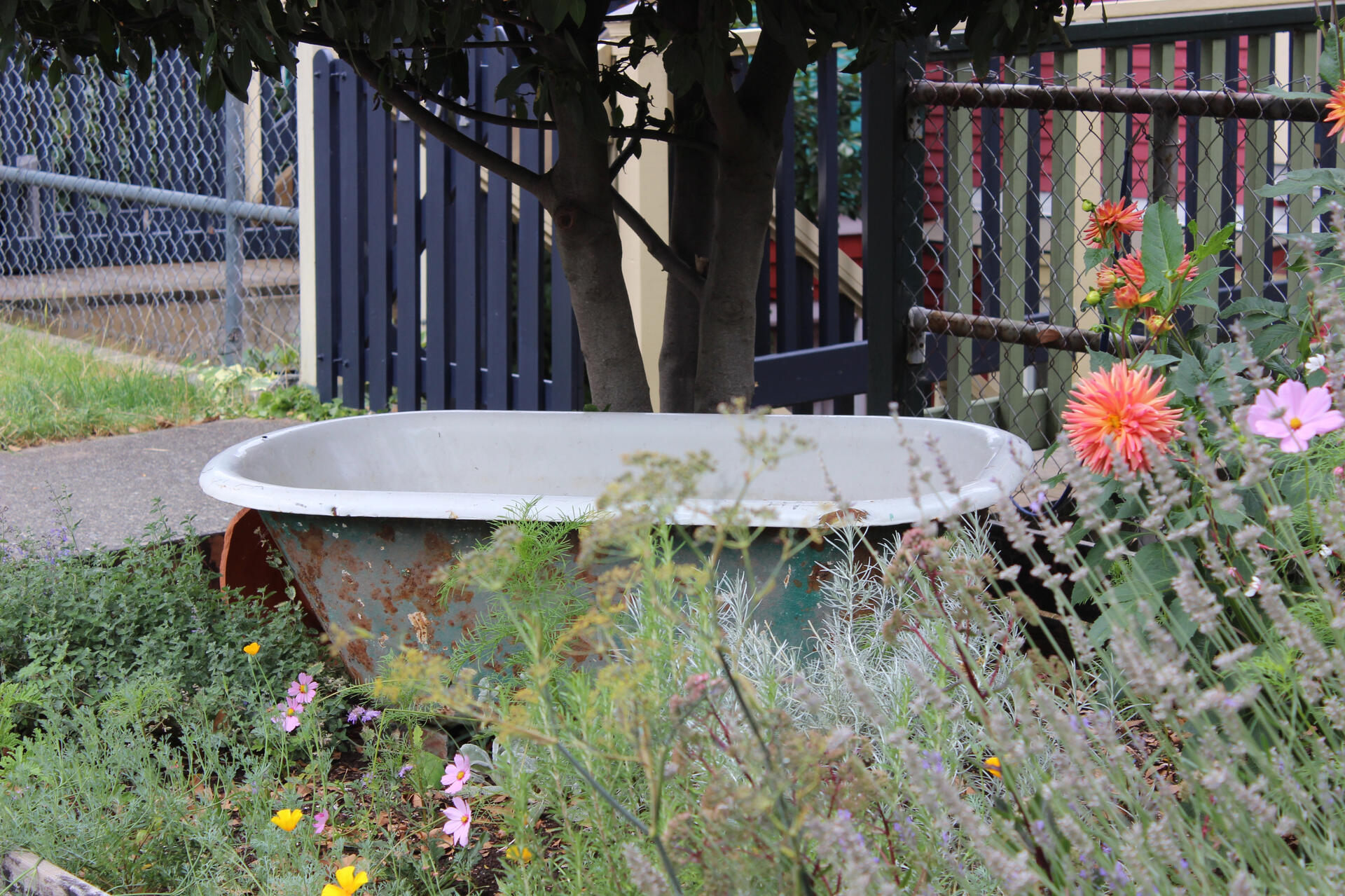
2025
Article “The Vancouver Special—Blight or Brilliant?,” Urban History Review, 53, no.2(2025): 181-202. https://doi.org/10.3138/uhr-2024-0015 Refereed.
2023
Article “Mapping Municipal Colonialism: Counternarratives of Neighbourhood-as-Home in Strathcona, 1968-69,” Urban History Review, 51, no. 2 (2023): 286-309. https://doi.org/10.3138/uhr-2022-0033. Refereed.
2022
Book Review “Neighbourhood Houses: Building Community in Vancouver by Miu Chung Yan and Sean Lauer (editors)” The British Columbia Review, June 29, 2022. https://thebcreview.ca/2022/06/29/1505-chutter-yan-lauer/
2021
Article “ ‘Home sweet home’ is a dying dream: Federal election promises won’t solve affordable housing crisis” The Conversation Canada, September 8, 2021. https://theconversation.com/home-sweet-home-is-a-dying-dream-federal-election-promises-wont-solve-affordable-housing-crisis-166300
Book Review “Battleground Grandview: An Activist’s Memoir of the Grandview Community Plan, 2011-2016 by Jak King” The British Columbia Review, April 9, 2021. https://thebcreview.ca/2021/04/09/1091-chutter-king-grandview/
2020
Book Review “Hammer and Nail: Notes of a Journeywoman by Kate Braid” The Ormsby Review, December 2, 2020. https://thebcreview.ca/2020/12/02/978-chutter-braid-journeywoman/
Book Review “Hand Drawn Vancouver by Emma Fitzgerald” The Ormsby Review, Sept 10, 2020. https://thebcreview.ca/2020/09/10/905-chutter-fitzgerald-hand-drawn-vancouver/
Book Review “A Match Made for Murder: A Lane Winslow Mystery by Iona Whishaw” The Ormsby Review, July 7, 2020. https://thebcreview.ca/2020/07/07/chutter-whishaw-a-match-made-for-murder/
Book Review “The Vancouver Sketchbook by T.K. Justin Ng & 111 Places in Vancouver that you must not miss by Dave Doroghy & Graeme Menzies” The Ormsby Review, March 10, 2020. https://thebcreview.ca/2020/03/11/767-chutter-doroghy-menzies-ng-vancouver-patchwork/
2018
Book Review “Dear Current Occupant by Chelene Knight” The Ormsby Review, June 13, 2018. https://thebcreview.ca/2018/10/10/320-an-east-vancouver-childhood/
2017
Book Review “Performance Studies in Canada edited by Laura Levin and Marlis Schweitzer.” Performance Matters. 3.2. (2017)
Encyclopedia article “Metropolitan Fringe” The Wiley Blackwell Encyclopedia of Social Theory. London: Wiley-Blackwell, 2017. Refereed
Encyclopedia article “Michel de Certeau” The Wiley Blackwell Encyclopedia of Social Theory. London: Wiley-Blackwell, 2017. Refereed
2015
Book Review “More Than Shelter: Activism and Community in San Francisco Public Housing by Amy Howard” Left History 19.2. (2015) Refereed https://doi.org/10.25071/1913-9632.39350
Journal article “Books to E-readers: Probing the intersection of technological and sensory shifts in a digital age” Confluence: The Journal of the AGLSP. Fall 2015. Refereed https://www.confluence-aglsp.org/xxi1